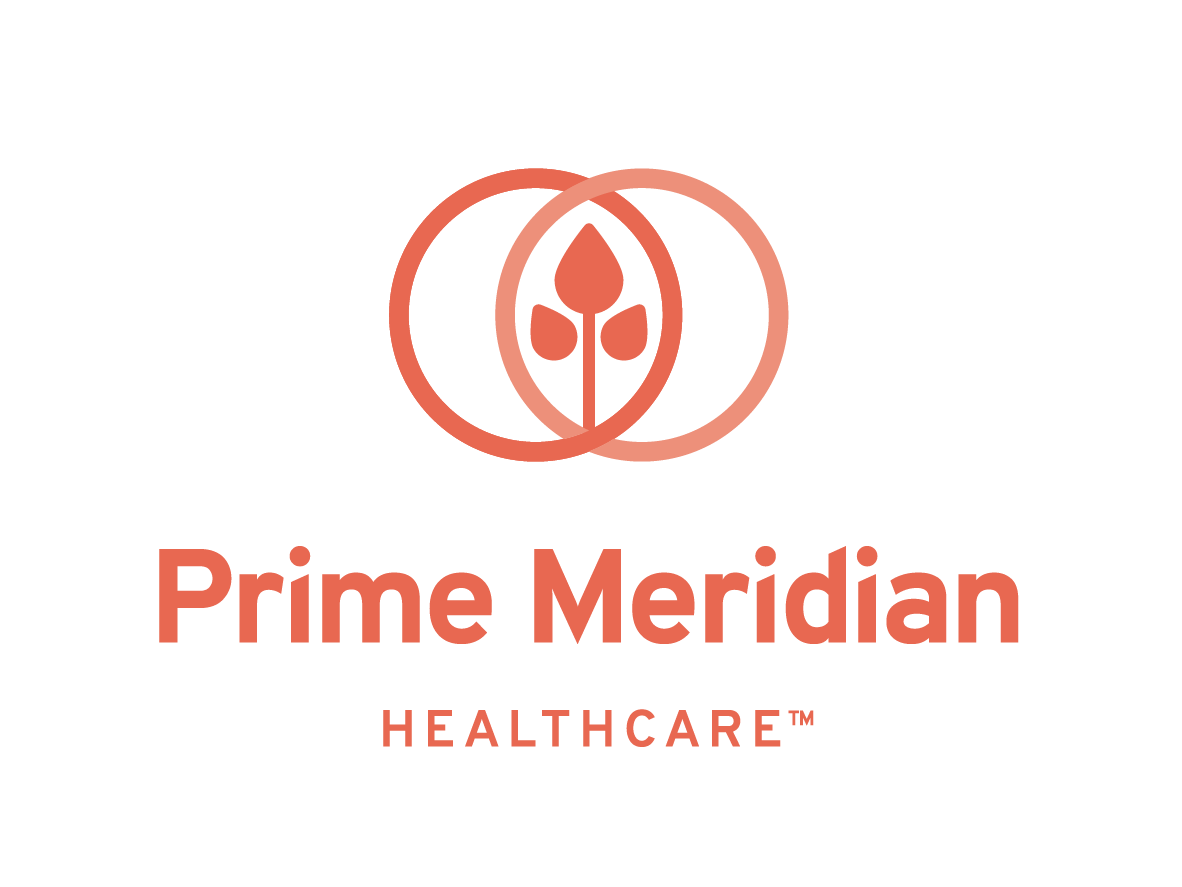Acid Reflux and GERD
Thanksgiving is marked by giving thanks for what we have and by eating, lots and lots of eating. You know the drill, after copious amounts of turkey and mashed potatoes, followed by a few servings of pumpkin pie, that inevitable burning sensation in the chest sets in. That burning in the heart (known as acid reflux) is just part of the entire experience for many of us, but if it becomes more regular than just after an occasional large meal, it can be a sign of something serious, gastroesophageal reflux disease (GERD). According to the American College of Gastroenterology, more than 60 million Americans experience heartburn at least once a month, but if you experience it more than once a week it’s time to give Prime Meridian Healthcare a call (1).
What is Acid Reflux?
Commonly referred to just as heartburn, acid reflux is that burning pain in the lower chest that is often experienced after one has eaten too much in one sitting. That burning sensation is caused by the acid of the stomach coming back up into the esophagus. Inside the stomach is hydrochloric acid, which helps break down food and protects against pathogens. While the stomach is lined specifically to deal with this potent acid, the esophagus is not. In normal situations, the gastroesophageal sphincter keeps the contents of the stomach out of the esophagus, but it isn’t always completely effective. When this occurs, the highly acidic contents of the stomach can irritate the unlined esophagus, causing that intense burning sensation. Acid reflux does not have one singular cause; it can be instigated by a particularly large meal or certain foods or drinks, stress, or even other health conditions such as a hiatal hernia (when a part of the stomach pushes through the diaphragm). Like many health issues, acute bouts of acid reflux aren’t a cause for major concern and can be easily treated, but when it becomes chronic it may be a sign of damage that requires medical attention.
What is GERD?
GERD is a chronic condition characterized by regular acid reflux, primarily after eating. While most people will experience occasional heartburn, the threshold for a GERD diagnosis is the level and frequency of such events; usually experiencing bouts more than twice a week. GERD diagnosis is focused on a review of symptoms and medical history, but often medical providers seek to get a direct view of the esophagus and stomach through a procedure called an endoscopy. Other testing, such as a measurement of esophageal acid levels (esophageal monitoring) may also take place.
One of the biggest challenges with GERD is diagnosis, as most people at some point experience gastric reflux and often do not consult a medical professional until the condition has reached an extreme point. Recent systematic reviews suggest that, dependent on the nation, as much as 28 percent of the population (approximately 20 percent in North America) may have GERD, but only a small percentage seek medical attention (2). Due to this, hospitalizations and death due to GERD are rapidly increasing (3).
GERD RISK FACTORS
It’s important to note that GERD develops across every demographic, but there are some definitive risk factors:
Epidemiological data suggests that obesity may be the greatest risk factor for the development of GERD.
Research suggests that 30%-80% of pregnant women experience GERD symptoms, and that the risk increases as the pregnancy progresses (5).
The regular use of certain medications and dietary supplements, such as ibuprofen and iron supplements, may irritate the lining of the esophagus, increasing the frequency and intensity of GERD events.
There is significant evidence to show that smoking increases risk for developing GERD and other esophageal conditions (6).
Treating GERD
If you are experiencing GERD symptoms such as heartburn, feelings of tightness in the chest, or nausea and vomiting regularly, it is time to contact your Prime Meridian Healthcare provider for a consultation. If left unaddressed, inflammation can cause the build-up of scar tissue and the narrowing of the esophagus, painful ulcers, and even increase the risk of esophageal cancer (7). If diagnosed early, GERD can usually be managed successfully with medications that decrease acid production (antacids) or create a mechanical barrier to protect the digestive lining from the acid (alginates).
We’re all looking forward to the Thanksgiving feast, but that doesn’t mean we have free reign to forget about our health. GERD is a serious health issue that can cause more than just regular discomfort if left untreated. Before loading up that plate, speak to your Prime Meridian Healthcare provider about the most effective ways to treat acute bouts of acid reflux and practice healthy lifestyle habits that minimize your risk for GERD.
References
1
Acid Reflux Basics
American College of Gastroenterology
4
Obesity and GERD
Chang P. and Friedenberg F.
7
GERD
Clarrett D. and Hachem C.
2
Risk Factors of GERD
Nirwan J., et al.
5
GERD and Pregnancy
Malfertheiner A., et al
3
GERD and Cause-Specific Mortality
Islami F., et al.
6
Smoking and Barrett’s Esophagus
Cook M., et al.


